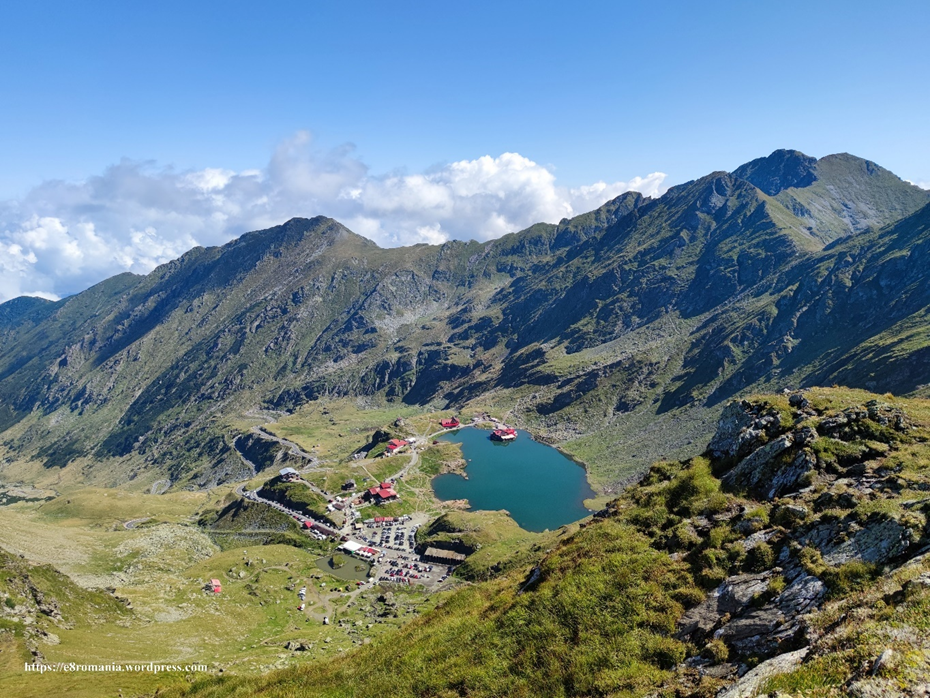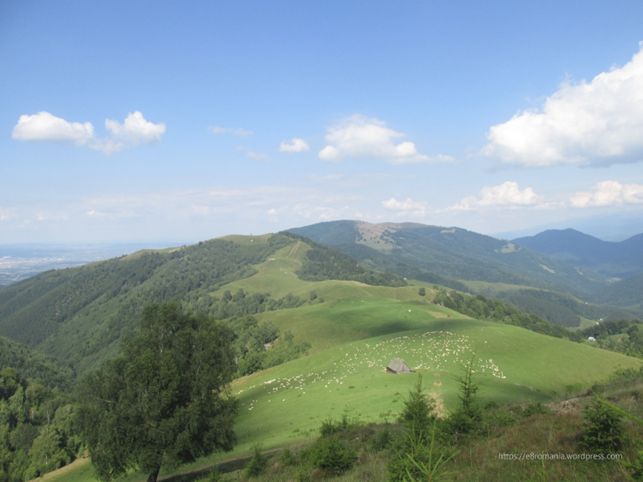Explore the beauty of nature safely and responsibly
Nature offers stunning landscapes, peaceful trails, and rewarding experiences, but it also presents challenges and potential dangers. Whether you’re a seasoned hiker or new to the trails, it’s essential to understand that hiking in nature requires preparation, awareness, and respect for the environment.

Why hiking in nature can be challenging
- Unpredictable weather: Weather conditions can change rapidly, especially in mountainous or remote areas. Be prepared for sudden rain, fog, or temperature drops.
- Varied terrain: From rocky paths to steep ascents, natural landscapes can be physically demanding and require the right equipment.
- Limited cell signal: In many hiking areas, mobile network coverage may be limited, which can make communication or accessing help difficult in case of an emergency.
- Wildlife encounters: While it’s a joy to observe wildlife, it’s important to be cautious and know how to behave around animals to avoid potential dangers.

Prepare for your hike
To ensure a safe and enjoyable experience, follow these tips for hiking responsibly:
- Plan your route: Study your chosen trail and be aware of its length, difficulty, and any potential hazards. Inform someone of your route and expected return time.
- Check the weather: Always check the forecast before heading out and be prepared for sudden weather changes by packing appropriate clothing and gear.
- Bring essential equipment:
- Map and compass or GPS
- Fully charged phone or backup battery
- First aid kit
- Plenty of water and high-energy snacks
- Weather-appropriate clothing, including layers and rain gear
- Wear proper footwear: Hiking boots with good grip and ankle support are essential for tackling uneven or slippery terrain.
- Pack out what you pack in: Leave no trace—bring all waste back with you to protect the natural environment.
- Respect wildlife: Admire animals from a distance and never feed them. Stay on marked paths to minimize disturbance to natural habitats.

Be aware of nature’s risks
- Steep slopes and rocky trails: Always be mindful of where you step, especially on uneven surfaces. Consider using trekking poles for additional stability.
- River crossings: Fast-moving water can be deceptively dangerous. Avoid crossing rivers if the current is strong. If you cross, loosen your backpack so it doesn’t function as a balloon.
- Altitude and fatigue: If you’re hiking at high elevations, be aware of altitude sickness and know your limits. Take regular breaks and turn back if you feel unwell or tired.
- Wildfires and landslides: In some regions, natural hazards like wildfires or landslides can occur. Stay informed of any active warnings or alerts before you start your hike.
Hike responsibly – It’s for everyone’s safety
Your safety and the protection of nature go hand in hand. By preparing adequately, hiking responsibly, and respecting the environment, you can enjoy all the benefits of nature while minimizing risks.
Together, we can ensure that future generations can experience the joy and beauty of hiking in pristine natural environments.
Join our efforts to promote safe hiking
At ERA, we advocate for safe, responsible hiking practices across Europe. We encourage all hikers to take part in initiatives that protect nature and promote safety on the trails.
By hiking responsibly, you contribute to the preservation of our natural landscapes and help ensure that hiking remains a sustainable and enjoyable activity for all.
Get involved with ERA’s efforts to support responsible hiking and environmental protection! Visit ERA-Hiking Europe for more tips, guides, and information about European hiking paths.


 Walk for unity & wellness!
Walk for unity & wellness! 


